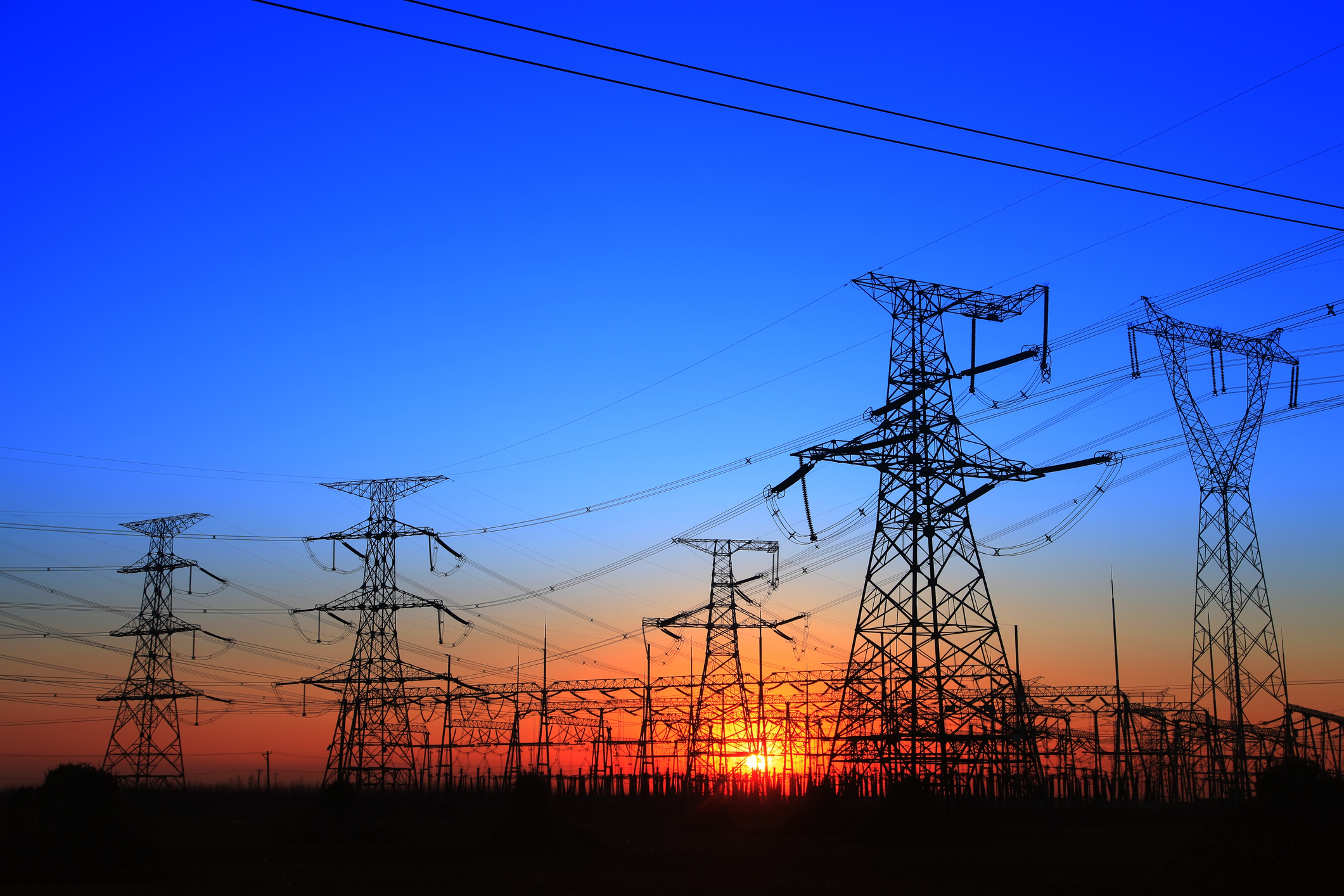
Economist argues that energy-efficiency regulations are riddled with problems and espouses their elimination.
We are quickly approaching the New Year, and with a New Year comes a fresh start. A new Administration and a new Congress present opportunities for meaningful regulatory reform. One issue that Congress should not overlook is the government’s use of energy-efficiency mandates.
People generally do not like being told what to do. When parents bark marching orders, children throw temper tantrums and teenagers slam doors. Adults, for their part, might take it upon themselves to take a picture of their boss to the center of a dartboard. And in spite of this resistance against being controlled by other parties, the federal government bosses people around through its promulgation and effectuation of its many regulations.
A case in point is the U.S. Department of Energy (DOE), which has embarked on a troubling regulatory path in its quest to make energy use and preferred lifestyle choices on behalf of American families and businesses. Seizing on its congressional delegation of power to manage Americans’ energy consumption, the DOE has developed the Appliance and Equipment Standards Program, a program aimed at implementing minimum energy conservation standards for a whole host of categories of appliances and equipment.
The program initially comprised 19 categories of consumer and commercial appliances that were required to meet equipment standards. But much like the government itself, the list has grown substantially. Indeed, the now covers 60 product categories, including refrigerators, air conditioners, furnaces, televisions, showerheads, ovens, toilets, light bulbs, and essentially any other item that the Secretary of Energy determines should be regulated.
These energy-efficiency regulations that the DOE has promulgated are touted as a way for households and businesses to save money, but they have several glaring problems. For one, the regulations presuppose that consumers should make purchasing decisions based on energy efficiency. But consumers may have preferences that, in their minds, trump efficiency, such as safety, size, performance, and cost. Low-income individuals, for instance, may not want to pay higher upfront costs for an energy-efficient dishwasher, given that they may have more pressing needs, such as feeding their families. Alternatively, consumers simply may prefer having an appliance that is more durable or less noisy, even if that comes at the expense of the appliance’s efficiency.
Like many individual consumers, companies similarly routinely reject more energy-efficient equipment for a host of reasons, including unaccounted physical costs, opportunity costs, lack of staff, inconvenience to personnel, and suspected risk of equipment problems. And yet the government will continue to push for reduced energy use in manufacturing, using regulations and subsidies to nudge consumers and investors in a certain direction that overrides their preferences.
One must ask, then, if energy-efficient investments truly are a good use of consumers’ money, as the government purports them to be, why do such investments need help from the taxpayer or regulations that force their use?
It is true that at one point in time, energy-efficiency mandates may have been a good—or at least better—use of consumers’ money than they are today. These mandates were initially put in place when there were complaints of excessive dependence on foreign energy sources and warnings of alleged imminent research exhaustion. Politicians and so-called industry experts claimed that the world was quickly running out of oil and other natural resources. But these circumstances no longer hold: we are now in an era of energy abundance. Furthermore, should the days of using oil become numbered at some future point, price signals will shift the market to a more viable alternative more efficiently than any government program will.
In light of this change in circumstances, the justification for efficiency mandates has shifted, in part, to a focus on climate change, with proponents making the argument that energy efficiency is the cheapest way to combat global warming. Regardless of whether the concern centers on manmade global warming, however, energy-efficiency standards make for poor climate-control policy.
Indeed, the DOE’s own benefits calculations indicate that energy regulations are more about protecting consumers from themselves, rather than about protecting the climate. The DOE’s projected domestic environmental benefits of the reduction of greenhouse gas emissions total a paltry 1 percent out of all benefits projected from efficiency regulations. And only 10 percent of international environmental benefits coming from global reductions of carbon dioxide accrue to the United States. Put simply, Americans shoulder much of the costs of the implementation of the DOE’s regulations, yet they derive from their efforts only a minimal amount of the environment benefits.
The data also raises the question of whether the DOE’s promulgation of these energy-efficiency regulations is authorized in the first. Under the federal government’s dictates, such regulations are only supposed to be issued on the basis that there exists a “compelling public need” for them. But the numbers here suggest the opposite: 88 percent of the DOE’s predicted benefits come in the form of “private benefits”—that is, the cost savings that consumers are expected to attain from the reduced energy expenditures. Far from benefiting the public, in other words, the vast majority of the benefits redound to private individuals and businesses.
The government also attempts to justify its intervention on the basis of split incentives, arguing that consumers may not possess the proper incentives to buy more energy-efficient appliances if they are not the ones paying the bills. This is known as the so-called “landlord-tenant problem.” Since landlords do not pay the utility bills for the space that they rent out, they have less incentive to pay higher upfront costs for more energy-efficient appliances that would save renters money on energy costs. Of course, landlords could offer lower utility costs as a way to attract new renters. Even so, how pervasive is the landlord-tenant problem, and does it warrant mandates and subsidies from the federal government for purposes of correcting it?
A 2010 study from University of California, Berkeley economist Lucas Davis found that landlords buy less energy-efficient appliances when the tenants pays their energy bills, than when homeowners pay their own energy bills. Davis estimated that if rental units had the same ownership rates of energy-efficient appliances as homeowners do, the total energy use reduction would be small and the total energy bill for the rentals would only be 0.5 percent lower.
Landlords are also likely to invest less in energy-saving insulation that affects heating and cooling, which constitute a larger percentage of residential energy use. But again, the energy savings are small. Further to this point, New York University Professor Hunt Allcott and Massachusetts Institute of Technology Professor Michael Greenstone estimate that, after accounting for the number of renters paying their own utility bills and their reduced energy efficiency, the landlord-tenant problem increases energy use by only 1 percent. Because of the heterogeneity in consumer preference and the other costs associated with efficiency mandates and subsidies, these mandates—which attempt to correct for such a small inefficiency, while leading to improvements in the lives of only a few—negatively affect the majority of Americans.
The reality is that prior to the promulgation of these regulations, Americans were not lacking in energy-efficient appliances. And even today, plenty of home products not covered by DOE regulations have energy-efficient models, giving consumers a variety of choices.
At bottom, the free market rewards efficiency without government intervention. Thanks to entrepreneurs, technological advances, and consumer desires, Americans have become almost 60 percent more energy-efficient over the past half-century. Supply, demand, competition, and the powerful incentive for families and businesses to get the biggest bang for their buck all work together to drive down prices, achieve better performance, and enhance efficiency. Policies should empower individuals to determine the value of energy savings, rather than determine it for them. The best way to do that is to eliminate efficiency standards altogether.




